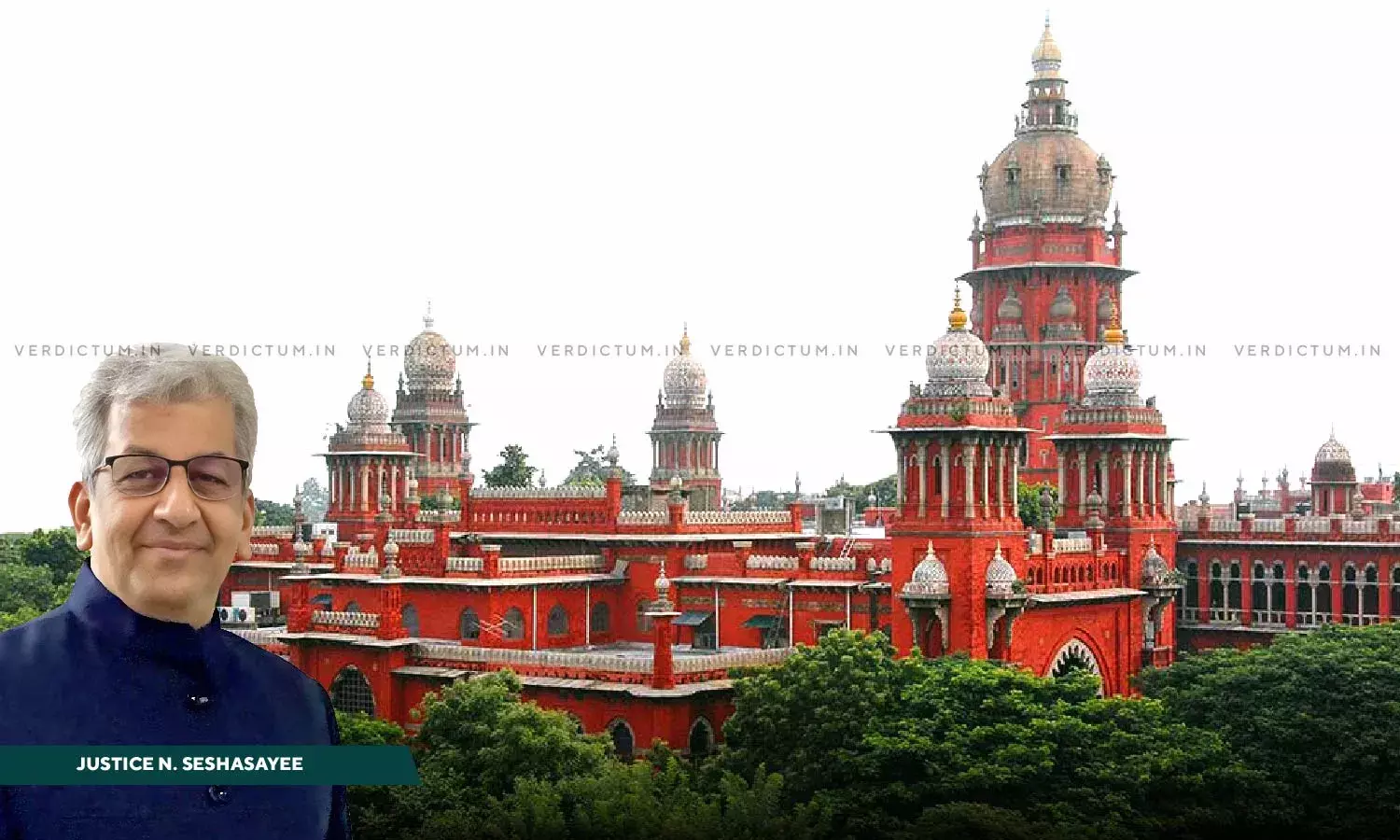Right To Travel Abroad Need Not Necessarily Be Need Based: Madras HC Allows Seychelles Citizen Stuck In India Following A Lookout Circular To Travel To Malaysia
The Madras High Court allowed Seychelles citizen who is stuck in India following a lookout circular to travel to Malaysia while noting that the right to travel abroad need not necessarily be need-based.
The Court said that it would be a constitutional anathema to absolutely bar an accused person from travelling abroad to attend to his private affairs merely because he or she is a foreign national facing trial of criminal charges in India.
The Court was hearing a Writ Petition seeking directions to respondents to permit the Petitioner to travel to Malaysia immediately.
The bench of Justice N. Seshasayee observed, “…right to travel abroad need not necessarily be need based. To reiterate, if the concern of the criminal justice administration is only to ensure the participation of the accused in a criminal proceeding, then law and its administration should focus only on that, and not on any other ancillary issues affecting the personal lives and privacy of accused persons. If not, we may end up converting the stay of a foreign national into a kind of house arrest in this country.”
Advocate Vijayan Subramanian appeared for the Appellant and SPP K. Srinivasan appeared for the Respondent.
Brief Facts-
The Petitioner, had been married for just a year and was working in Singapore when he was implicated in the present case. His parents who are Indian citizens as well as his wife who is a Malaysian citizen are residing in Malaysia. In the current Petition, he requests permission from the Court to visit his parents in Malaysia. He argues that his father was recently assaulted, abducted, and robbed, leading to a decline in his parents' mental and physical health. Although criminal proceedings have been initiated against the perpetrators, the Petitioner was unable to assist his father due to being restricted in India by a Lookout Circular (LOC).
The Court said, “The anxiety of the criminal justice administration is, and at all times can be, only to ensure that the person charged with the commission of crime and facing trial for the charges in this country, submits to the jurisdiction of our courts and participates in the trial.”
“It is, and at all times ought to be, least concerned how an accused person lives his life and does his or her business. Our criminal justice administration, nay even the criminal justice system developed by law holds the right to dignified life of even a convict supreme.”, the Court added.
The Court mentioned the decision in Sunil Batra v. Delhi Administration (II) (1980) where according to the Court it was held, “a convict only loses his freedom of movement, but not his right to live with dignity, which Article 21 of the Constitution recognises as inhering in every human being living in this country – both nationals and foreigners alike. The objective to secure the presence of an accused for his participation in the trial and to under go any penal consequences in the eventuality of the Court upholding the charges, may not be construed as a licence to enable any interference with the private life of an accused.”
The Court observed, “There is therefore, a compelling need to convert our ability to expand the right to life as a Constitutional theory into plain action. Be it our sense of appreciation or respect for application, we have one Constitution, and it must be respected.”
The single bench said that more than deliberating on whether the Court should grant leave to the petitioner to leave the country temporarily, the question must be why this court should not grant the petitioner to travel abroad.
The Court, however, said that it is conscious that it shall not be overzealous in protecting the personal lives of foreign nationals (which includes his or her right to travel abroad), without adequate mechanisms to ensure their safe return to India for participating in the criminal proceedings.
Accordingly, the Court allowed the Writ Petition and granted him leave to travel and stay in Malaysia for a month.
Cause Title: Kathik Parthiban v. Superintendent of Police



